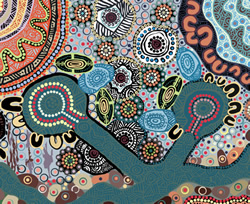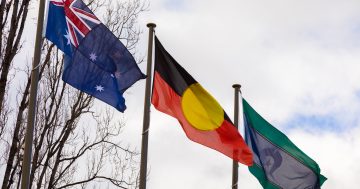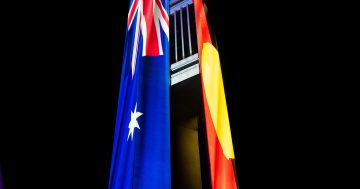 The Productivity Commission has released a new strategy proposing a whole-of-Government approach to evaluating Australian Government policies and programs which affect Aboriginal and Torres Strait Islander people.
The Productivity Commission has released a new strategy proposing a whole-of-Government approach to evaluating Australian Government policies and programs which affect Aboriginal and Torres Strait Islander people.
The Commission said its new Indigenous Evaluation Strategy provided a framework for Agencies to use when selecting, planning, conducting and utilising evaluations of policies and programs affecting first nations peoples.
Productivity Commissioner, Romlie Mokak said policies and programs affecting Aboriginal and Torres Strait Islander people were not working as well as they needed to.
“Evaluation can play an important role filling this gap, but regrettably it is often an afterthought and of poor quality,” Mr Mokak said.
“Importantly, Aboriginal and Torres Strait Islander people are rarely asked about what, or how to evaluate, or what evaluation results mean,” he said.
“The Strategy puts Aboriginal and Torres Strait Islander people at its centre.”
Mr Mokak said better outcomes would be achieved if the values, expertise and lived experiences of Aboriginal and Torres Strait Islander people were reflected in what was evaluated, how evaluation was undertaken, and the outcomes that policies and programs sought to achieve.
“Working in partnership with Aboriginal and Torres Strait Islander people is fundamental to lifting the quality of evaluations, as is planning early so that the right questions are asked and the right data collected,” he said
“The Strategy does not endorse particular evaluation approaches or methods, but rather acknowledges that different evaluation questions and contexts will require different approaches.”
Mr Mokak said the Strategy contained guidance material for Agencies to use when selecting, planning, conducting and utilising evaluations of policies and programs which affect Aboriginal and Torres Strait Islander people.
The Productivity Commission’s 33-page Strategy can be accessed at this PS News link.










